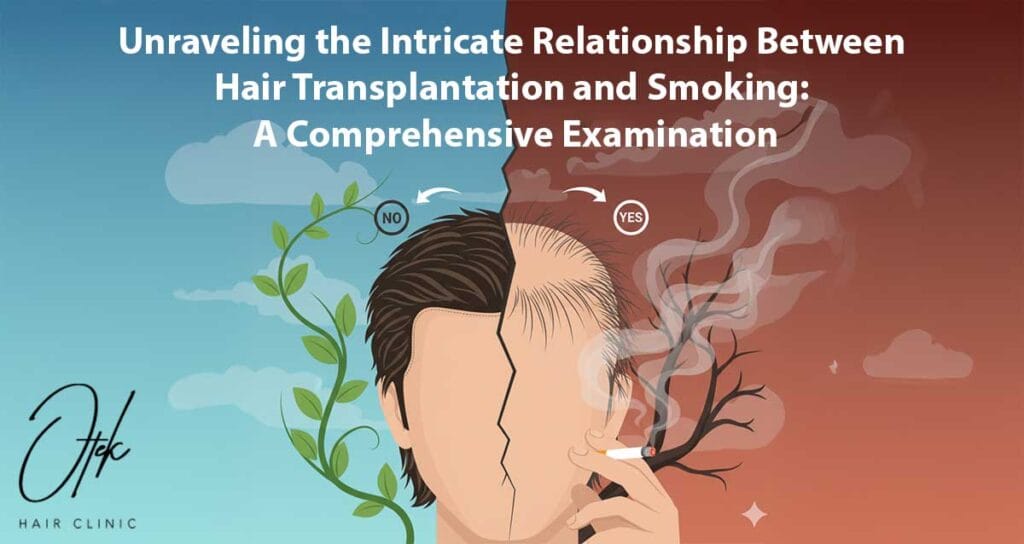Hair transplantation stands as a beacon of hope for individuals grappling with hair loss, offering a tangible solution to restore confidence and self-assurance. However, amidst the excitement surrounding these procedures, a critical factor often goes unnoticed: smoking. In recent years, emerging research has highlighted the profound impact of smoking habits on the success and efficacy of hair transplantation. This article endeavors to provide an in-depth analysis of the complex interplay between hair transplantation and smoking, delving into the nuanced mechanisms and repercussions associated with this relationship. By exploring the latest insights, we aim to equip both prospective patients and medical professionals with a deeper understanding of this crucial aspect of hair restoration.
Understanding the Multifaceted Impact of Smoking on Hair Transplantation Success:
The influence of smoking on overall health is well-documented, but its effects on the outcomes of hair transplantation procedures warrant meticulous scrutiny. Studies have revealed a myriad of adverse effects stemming from smoking that directly impede the success of hair transplantation. Nicotine, a key component of cigarettes, initiates vasoconstriction, leading to diminished blood flow to the scalp. This compromised blood supply significantly hampers the healing process and jeopardizes the survival of transplanted hair follicles.
Moreover, smoking exacerbates inflammatory responses and oxidative stress, creating a hostile environment for graft integration and recovery post-transplantation. The heightened inflammatory state not only impedes the healing process but also increases the susceptibility to complications such as infections and poor graft survival rates.
Furthermore, recent research has shed light on the epigenetic modifications induced by smoking, which can adversely affect the quality and longevity of transplanted hair. Understanding these molecular mechanisms is crucial for predicting outcomes and tailoring treatment approaches accordingly.
Emphasizing the Imperative of Smoking Cessation:
For individuals contemplating hair transplantation, the significance of smoking cessation cannot be overstated in optimizing procedural outcomes. Beyond its overarching health benefits, quitting smoking plays a pivotal role in enhancing the success and efficacy of the transplantation procedure. By abstaining from smoking, patients can ameliorate blood circulation, mitigate inflammation, and facilitate the body’s natural healing mechanisms, thereby fostering favorable outcomes post-transplantation.
Furthermore, preemptive smoking cessation before undergoing hair transplantation serves as a proactive measure to mitigate the incidence of complications and enhance the overall quality of results. Patients who refrain from smoking both before and after the procedure are poised to experience expedited recovery, enhanced graft survival rates, and aesthetically pleasing hair growth patterns.
In summary, the intricate relationship between hair transplantation and smoking underscores a critical determinant of procedural success. Smoking exerts a multifaceted impact, ranging from compromised blood circulation to heightened inflammatory responses, thereby impeding the optimal outcomes of hair transplantation. As such, individuals embarking on the journey of hair restoration must prioritize smoking cessation to maximize the efficacy of their procedure and achieve enduring, natural-looking results. By embracing smoking cessation, individuals not only safeguard their overall well-being but also pave the path toward successful hair transplantation and a renewed sense of confidence and vitality.

